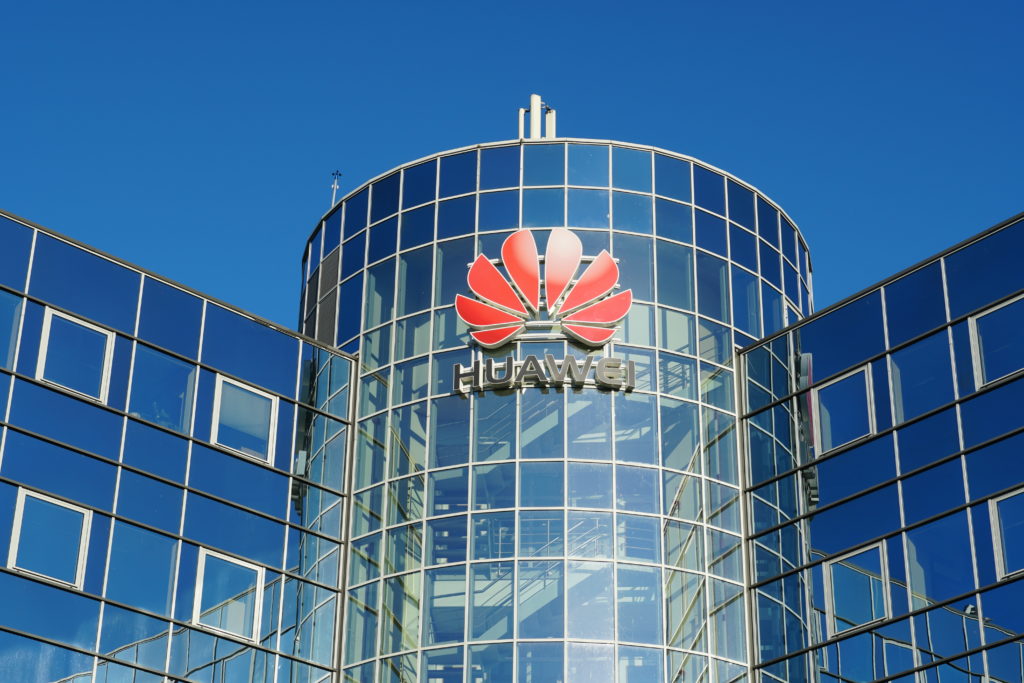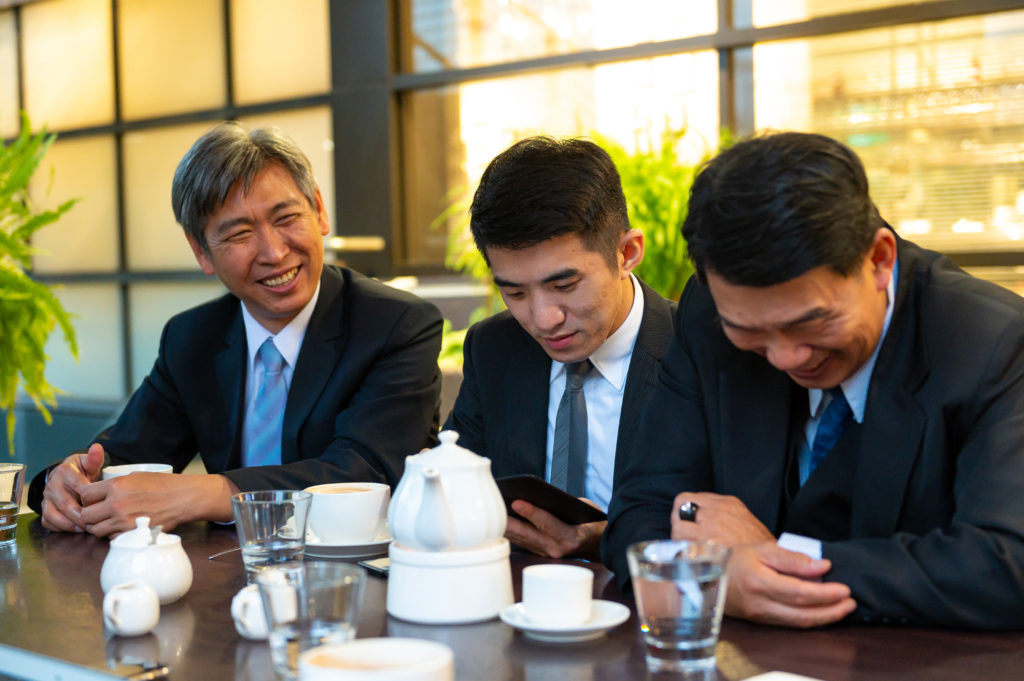Beijing Targets Change In the 996 Work Week
by Sarai Fetty
Chinese Labor Practices Part 1

Please see the writer’s editorial statement at the end of the article before closing.
If you think you’ve been working long hours since the pandemic began, or maybe just generally, you should see what Chinese, white-collar tech workers have been facing for years!
Millions of Chinese employees work a 9 a.m. to 9 p.m. schedule, six days a week. This is referred to as a 996 work week. Employers, Alibaba for example, believe it is a critical part of the success they’ve enjoyed. From management’s perspective, the 996 schedule also played a major role in the rapid growth of the Chinese economy. There are variations on this schedule, including a 995 schedule, alternating weeks of 996 followed by a 995 schedule, and even a 997 schedule. While this massive effort has helped propel the success of many Chinese tech giants, it has also taken a human toll.
The prevalence of a 996 work schedule has been creeping into China’s tech sector since the early 2000’s. This was the period when Chinese tech companies started experiencing rapid growth. It was so rapid, in fact, that the firms could not hire new workers fast enough to keep pace with expanding sales. In various corporations, temporary stop-gap solutions, such as increasing overtime hours gradually became the norm. Additionally, China’s main economic advantage over other nations was lower wages. They had set customer expectations that basically backed themselves into a corner. Maintaining or expanding global market share requires tight control of labor costs – and the 996 schedule became the status quo, regardless of labor laws guaranteeing a 44-hour work week.
A few anecdotes will explain the situation that many tech workers have faced since then. In 2015, a Tencent developer collapsed and died while walking with his pregnant wife. A year later, a 34-year-old deputy chief editor of the Tianya online forum suffered a fatal cardiac arrest at a Beijing subway station. In 2018, a 25-year-old employee at drone manufacturer DJI also died from a cardiac arrest. Even if workers are not dropping dead, most are experiencing significant ‘burn-out’ and some have begun communicating their frustration and exhaustion on Github, an opensource community for software developers. Developed by Microsoft, it’s the one Western social media site that the PRC has not blocked. Posts like these are most often left by younger employees. Increasingly, these burnt-out employees are advocating for ‘lying flat’; rejecting the pressure and ambition that defined the lives of earlier generations.


Communication about the 996-work week has been closely managed so that it does not become a movement that would alarm China’s central government. However, the growing discontent has recently (August 2021) resulted in a series of communications from the PRC. These pronouncements, pointed at firms where 996 is in place, remind managers about Chinese labor laws that limit the work week to just 44 hours, not 72.
While older workers are resigned to the 72-hour week, some of China’s younger workers are seeking a work/ life balance that would allow them more time off for personal activities, and more rest. Management, as you would probably suspect, is pushing back strongly. For instance, Alibaba’s billionaire founder, Jack Ma, said this about the 996 schedule:
“[It’s] a huge blessing that many companies and employees don’t have the opportunity to have. If you join Alibaba, you should get ready to work 12 hours a day, otherwise why do you come to Alibaba? We don’t need those who comfortably work eight hours.”
Effecting change to ensure all workers receive a 44-hour work schedule would mean changing the prevailing philosophies, psychologies and incentive structures present in 996 businesses. For example, Huawei is a massive Chinese telecommunications firm. Their corporate environment has been called a ‘wolf culture’, and it’s a ‘kill or be killed’ place to work. Senior management believes that by pitting their employees in competition with one another, productivity will be much higher, and the company will be better at fighting external threats. Huawei is not a leader in unique technologies. They follow others. They believe that their speed, cost control, and flexibility are the keys to their success, and they believe 996 game them their competitive edge. Companies like Huawei believe that their willingness to work as hard as they do, in contrast with competitors who have more traditional 40-hour work schedules, is a badge of honor. Huawei’s employees are required to take a ‘striver’s pledge’. Basically, it’s an ‘oath’ to work a 996 schedule, despite the existing labor laws. This ‘striver’s pledge’ is just one example of how Chinese companies are skirting the law to drive their employees to near-constant labor. Financial incentives are also used. Annual dividends more than hundreds of thousands, sometimes even millions of dollars are paid out to individual employees, in many cases eclipsing employees’ salaries. In some Chinese companies, carrot-and-stick MBOs meant to encourage spectacular performance for spectacular incentives are based on unattainable goals. This puts more power in the hands of the manager to determine if they deem the ‘effort’ of the employee to be satisfactory. This practice is more common among local Chinese firms than among China’s MNCs. The other side of the coin is that other companies do not pay their workers for the overtime hours, but they still demand the time. Companies in this category are savvy about the loopholes and exemptions that allow them to evade legal obligations.

Keep in mind, the 996-work schedule is technically illegal. Smart companies are not going to publish that schedule in their employee handbooks. There are more subtle, but clearly understood ways of communicating this fact of life to employees. Examples you will find among China’s tech giants today include:
- Companies provide free evening meals to their employees.
- Companies reimburse employees for late night taxicab rides home.
- To attract and retain younger employees, firms like Tencent and Alibaba pay very attractive wages that exceed five times the going market wage. The extremely high cost of living in China’s big cities practically demands salaries in those lofty altitudes.
- The law of the Chinese tech sector jungle says career advancement will fall to those who make touch sacrifices like a 996-work week.
- Chinese corporate culture places priority of the job and company over the family. To the Chinese worker, the company is a close group of colleagues who are making the same sacrifices. In essence, personal relationships between workers are closer than those between spouses or parents and children.
- Urban tech workers increasingly recognize that there is fierce competition for their jobs coming from the rural areas. Workers from China’s interior are especially eager to make the hard sacrifices and work a 996 week because opportunities in the farming regions where they come from are so limited.


Like all our blogs, this description about working conditions in China is intended to be accurate, factual, and fair. We are constantly working to present an accurate picture of China to you, our readers.
Finding appropriate work expectations is an age-old challenge for every country.
However, I want to balance what has been said in this blog, with another observation about Chinese culture that I have always been struck by, and that it is the nearly universal commitment to hard work that is pervasive throughout China. It is one the traits about the Chinese that I most sincerely admire. While there are, as everywhere, exceptions to the rule, I believe that the exceptions only make the rule that much more obvious. So, please do not misconstrue anything said in this article as critical.
During my drives along gravel and dirt roads, I’ve never seen people sitting or lounging. Instead, they WORK. I have seen many people busy sweeping dirt. At times I was not sure why, but people were consistently working.
Call me “old school” if you choose, but I take my hat off to anyone who is willing to work hard.
We keep a close eye on the changing landscape in China, because we know it’s important to your understanding of this fascinating market place. For over twenty years, Word4Asia has been helping organizations like yours achieve their objectives through consistently solid consulting and hard work. If you’ve got China in your sights for 2022, we hope y you’ll reach out and start a conversation with us! You can reach me, Dr. Gene Wood, at gene@word4asia.com.
Sources
Trackback from your site.



